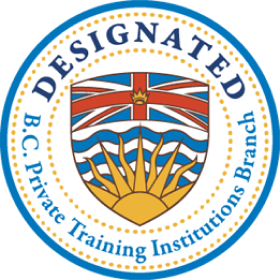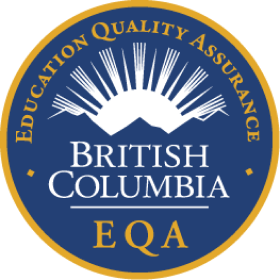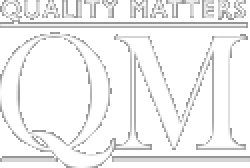GET MORE INFO NOW!!!
Start your journey towards a new career today by requesting program details.
 Financial Assistance
Financial Assistance
 Career Options
Career Options Start Dates
Start Dates Job Opportunities
Job Opportunities

Assessment
Is Career Training Right For You? Find Out!
Posted by AOLCC | 28th March 2023

Approximately six million Canadians struggle with addiction, and to reclaim their lives, they’ll need the help of professional addictions counsellors. If you’re seeking a role that allows you to make a positive impact on the lives of others, addictions counselling training can be an excellent starting point for your career. As an addictions counsellor, you’ll perform various duties, including case management, report writing, and addictions treatment.
In our 45-week Community Service Worker and Addictions Worker diploma program, you will prepare to fulfill these responsibilities effectively through a rigorous psychology, sociology, mental health, and addictions curriculum. In addition to practical skills, having strong communication skills will boost your ability to pursue a successful addictions counsellor career in BC. Keep reading to learn how the following essential communication skills will improve your client relationships, treatment outcomes, and employability.
After graduating from your program and landing your first position, communication will be one of your most valuable tools as you support clients in recovery. When you have well-developed communication skills, you can effectively create something called a therapeutic alliance–a constructive client-to-counsellor relationship that promotes agreements on treatment goals, action plans, and a reciprocal bond that fosters positivity.

After career college, good verbal communication skills facilitate solid therapeutic alliances.
For example, after completing the addictions worker program at AOLCC BC, having a wide vocabulary will help you choose the right words for each situation and enable you to help clients put their emotions and experiences into words. In our program, you will have studied human psychology at length, leaving you to provide a sense of being heard for clients who may ordinarily feel misunderstood. In terms of treatment outcomes, your ability to use persuasive speech can help motivate clients to take the necessary steps for recovery as they face adversity.
Communication in addictions counselling is also contextual and subtle. Effective use of non-verbal communication helps you put clients at ease using body language and understand them beyond what they choose to say. With the solid psychology knowledge base you’ll develop in training, you’ll learn how to read non-verbal communication from your clients and notice contradictions between what your clients say and what their body language tells you. Drawing attention to these inconsistencies can shed light on the client’s inner conflicts and unearth deep personal truths that give rise to healing.

After addictions counsellor courses, good language skills facilitate workplace literacy.
Employers value strong written communication skills as record-keeping, report writing, and note-taking are all essential functions of addictions counsellor roles. For this reason, during your job search, you’ll want to demonstrate your ability to communicate well on paper. Typically, your first interaction with a potential workplace occurs through your resume. It must be grammatically correct, comprehensible, and professional to make a good impression. Our program covers job search and resume writing to provide you with the skills you need to start your career quickly.
After addictions counsellor courses, employers will take note of your verbal, non-verbal, and written communication skills, as these are all crucial to the successful treatment of addiction. Develop these key competencies in our career-focused training program.
Are you ready to enroll in a career college?
Contact AOLCC BC to learn more about our Community Service Worker and Addictions Worker diploma program.
Start your journey towards a new career today by requesting program details.
This fun, online quiz takes 3 minutes to complete and you’ll get a personalized report. Identify your strengths and social style plus the training and positions you’re best suited for.Get Your Career Training Readiness Score Now

B.C. Private Training
Institutions Branch

B.C.
Education
Quality Assurance
699 Victoria Street
Kamloops, BC V2C 2B3
Phone: (250) 372-5429
Fax: (250) 372-5462
#204-347 Leon Avenue
Kelowna, BC V1Y 8L7
Phone: (250) 868-3688
Fax: (250) 868-3511
1551 Estevan Rd #7,
Nanaimo, BC V9S 3Y3
Phone: (250) 753-4220
Fax: (250) 753-4295
#200-754 Goldstream Ave.
Victoria, BC V9B 5T2
Phone: 250-391-6020
Fax: (250) 391-6021

